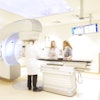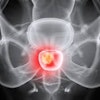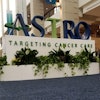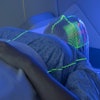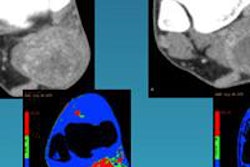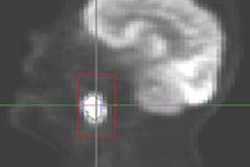Patient-reported data show that radiation therapy (RT) does not increase the risk of lymphedema in node-negative breast cancer patients, according to research presented at the American Society for Radiation Oncology (ASTRO) meeting in San Francisco.
A new analysis of the National Surgical Adjuvant Breast and Bowel Project (NSABP) B-32 trial found no greater risk of lymphedema among women who received RT, compared with those who did not receive RT, according to lead study author Dr. Susan McCloskey, of the University of California, Los Angeles, and colleagues.
Among 3,916 women in the trial with lymphedema assessments, including 1,936 randomly assigned to sentinel node biopsy plus axillary lymph node dissection and 1,980 randomly assigned to sentinel node biopsy, 82.2% (3,220) received RT and 17.2% (674) did not.
At the 36-month follow-up of the sentinel node biopsy plus axillary lymph node dissection group who had received RT, 12.4% had objective lymphedema (clinician measured) of more than 10%, while 7.4% reported bothersome swelling (subjective lymphedema). Within the sentinel node biopsy plus axillary lymph node dissection group who did not receive RT, 16.7% had objective lymphedema of more than 10%, and 8.8% reported subjective lymphedema.
Within the sentinel node biopsy-only group, 7.4% of RT recipients had objective lymphedema of more than 10% at 36 months of follow-up, with only 3.2% of RT patients reporting bothersome arm swelling. Among the patients in this group who did not undergo RT, 4.5% had objective lymphedema of more than 10%, while 4.8% reported bothersome swelling.
"These results provide much-needed reassurance to breast cancer patients regarding the impact of radiation therapy on lymphedema risk," McCloskey said in a statement released by ASTRO. "The study findings argue convincingly that radiation therapy to the level 1 axilla, considered unavoidable 'collateral damage' when radiating the whole breast, does not contribute to lymphedema risk beyond surgery."
